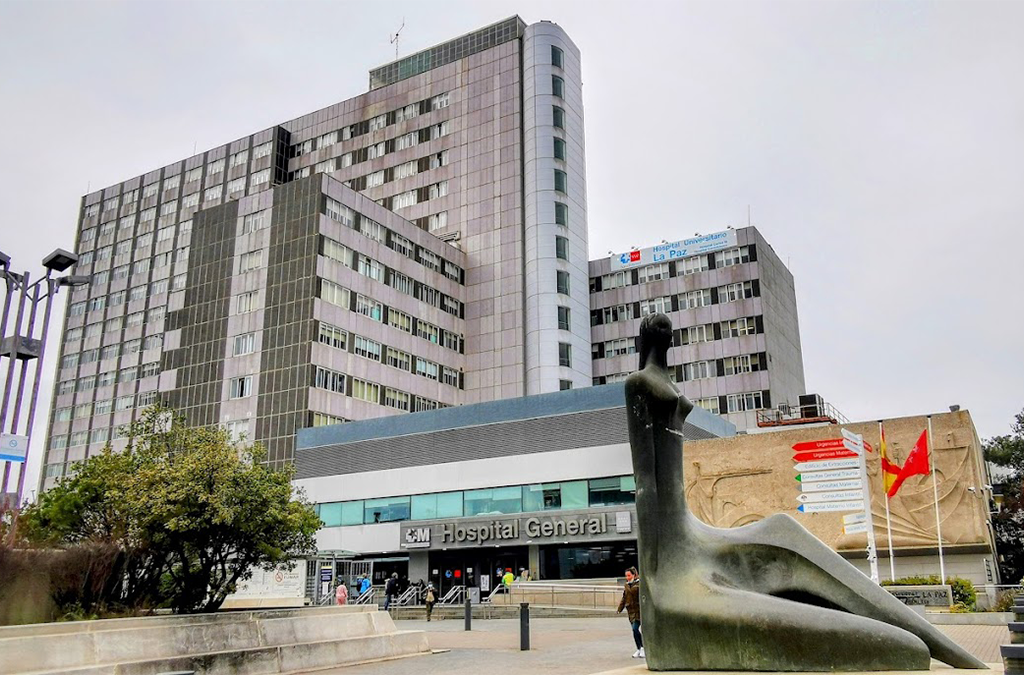MWCC and DS Ranking, continuing with the analysis of the quality of life in the main cities of the world, and after the reports on the general indicator and the cost of living, have analyzed the health services of the main cities of the world.
The analyzed classification shows that Palma de Mallorca (1), Bilbao (3), Alicante (5), Murcia (8), Valencia (10) or Madrid (12) are seven of the twelve cities with the best healthcare in the world. Next are Barcelona (25), Zaragoza (35), Seville (41) and Las Palmas de Gran Canarias (49).
In this way, Spain monopolizes the top positions and is the world leader in the provision of this basic service for any society and which is an example of the well-being and quality of life enjoyed by its citizens.
This is clear from the data offered by the Numbeo platform, which collects citizens’ assessment of the health services they enjoy through eight indicators.
The first of them refers to the “Knowledge and competence of health professionals” in which Palma de Mallorca is the city in which they appear best valued, followed by Bilbao, Murcia, Taipei and Oporto. This highlights the good preparation received and is not in line with the assessment of Spanish universities in rankings such as that of Shanghai in which only the University of Barcelona (45) appears among the top hundred.
Next, the “Agility in the preparation of diagnoses and reports” is assessed, in which Palma de Mallorca is once again first and followed by Seoul, Osaka, Taipei and Luxembourg.
The greatest satisfaction with the material resources that health centers have – “Modernity of equipment” – is once again led by Palma de Mallorca, two Dutch cities are second and third – Rotterdam and Amsterdam -, while Singapore is fourth and Osaka fifth.
A relevant aspect within these services, related to the professional competence of professionals, is the “Accuracy of medical reports” since it allows illnesses to be known and adequately treated. Palma de Mallorca is again first, followed by Bilbao, Taipei, Rotterdam and Seoul.
The assessment also includes “Sympathy and courtesy of the staff” which, although not an element of healthcare itself, is a factor that allows the quality of any service to be assessed. In this case, it is the professionals from Bilbao who receive the best score, followed by Palma de Mallorca, with Medellín in third place and Tokyo and Eindhoven fourth and fifth respectively.
“Waiting time for medical appointments” is the sixth of the evaluated indicators in which the five best positioned cities are Palma de Mallorca, Taipei, Seoul, Osaka and Rotterdam. This indicator has a double side; on the one hand, how professionals are able to comply with an already established schedule for each appointment, but, on the other, the personalization of the service is not taken into account, which is the necessary time that each case requires and which may be longer than initially planned, which would delay the attention of the following appointments, affecting the waiting time to be attended.
The social relevance of health services and their relationship with the well-being of the population is closely linked to their access, for this reason, we consider that “Satisfaction with cost” is a fundamental component to assess health care. Offering a quality universal health service does not depend so much on the cities but on the country’s health policy, but the quality-cost relationship of the service in each of them can be assessed, even if the latter is free. Leeds, Palma de Mallorca, Glasgow, Edinburgh and Valencia are the cities with the best ratings, so we can also say that Great Britain and Spain are the countries with the best satisfaction on the part of their population in this indicator.
Lastly, and with great importance, the “Location of health centers” is assessed, that is, whether there is a center nearby, which is related, in the case of public health systems, to the investment of resources. In this case, the population of Bilbao, Leeds, Taipei, Madrid and Eindhoven are the ones that best value their possibility of accessing health infrastructure.
Regarding Spanish healthcare as a whole, the most valued is the competence of medical professionals -Palma, Bilbao and Murcia-, the cost of services -Bilbao, Madrid and Barcelona – and the location of healthcare centers -Bilbao, Madrid and Barcelona – with exceptions in the latter such as Murcia and Alicante where satisfaction falls.
On the contrary, the assessment in relation to waiting times, except for Palma de Mallorca, falls noticeably – Zaragoza, Barcelona, Madrid -, as well as the time in the preparation of diagnoses and reports -Barcelona, Seville, Zaragoza-. Regarding the friendliness and courtesy of the staff, this aspect varies from some cities with very good ratings in Palma de Mallorca and Bilbao and worse in others such as Madrid, Valencia and Barcelona.
The World Health Organization prepares a ranking of countries in which Spain appears seventh, behind France, Italy, San Marino, Andorra, Malta and Singapore. The opinion of the citizens of the cities of these countries collected in the ranking places them in this order: Paris (22), Lyon (26), Milan (51), Singapore (52) and Rome (96).
We can conclude that, given the positioning of the Spanish cities in the ranking, Spain enjoys the best health services in the set of indicators analyzed.


